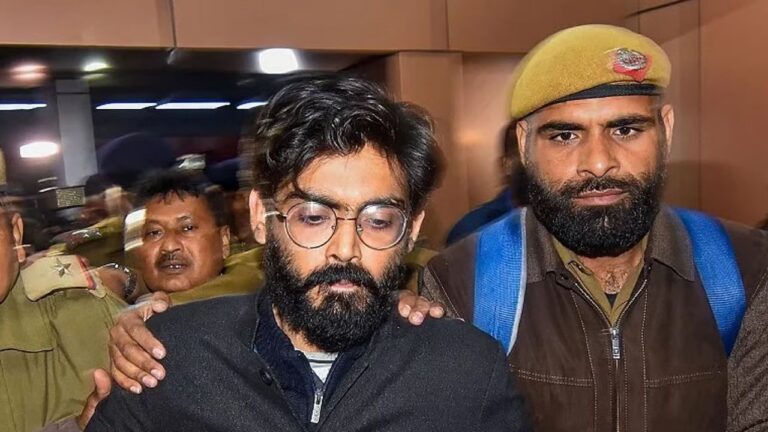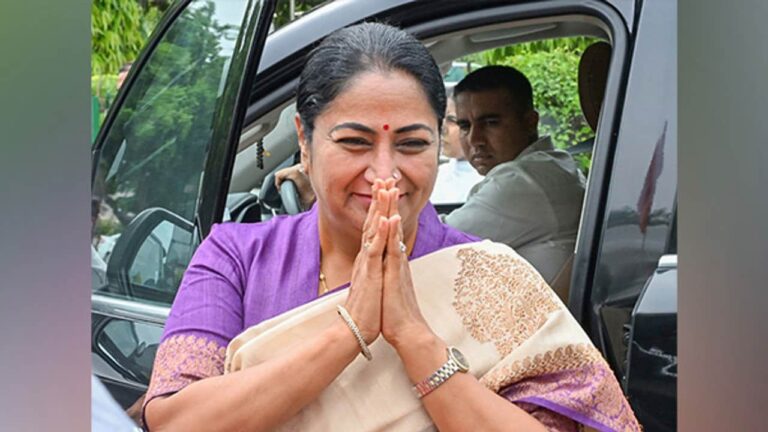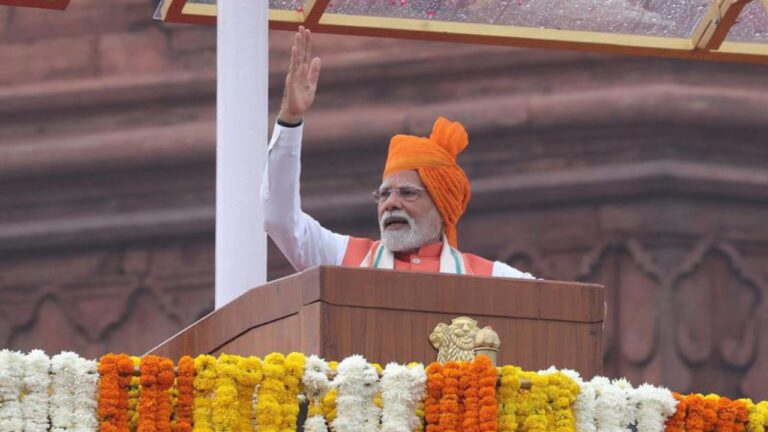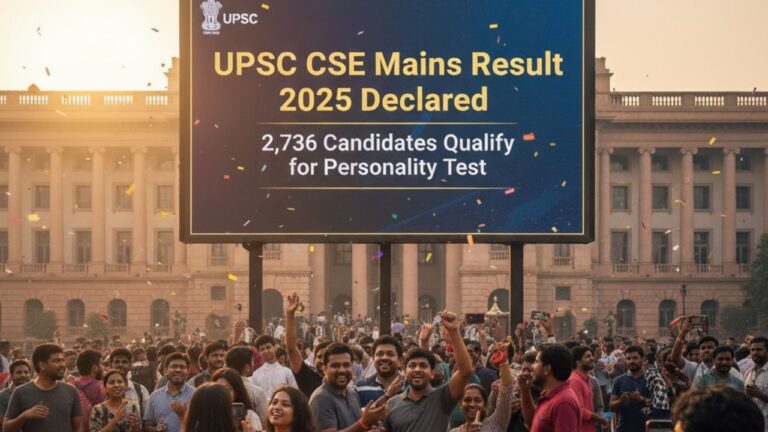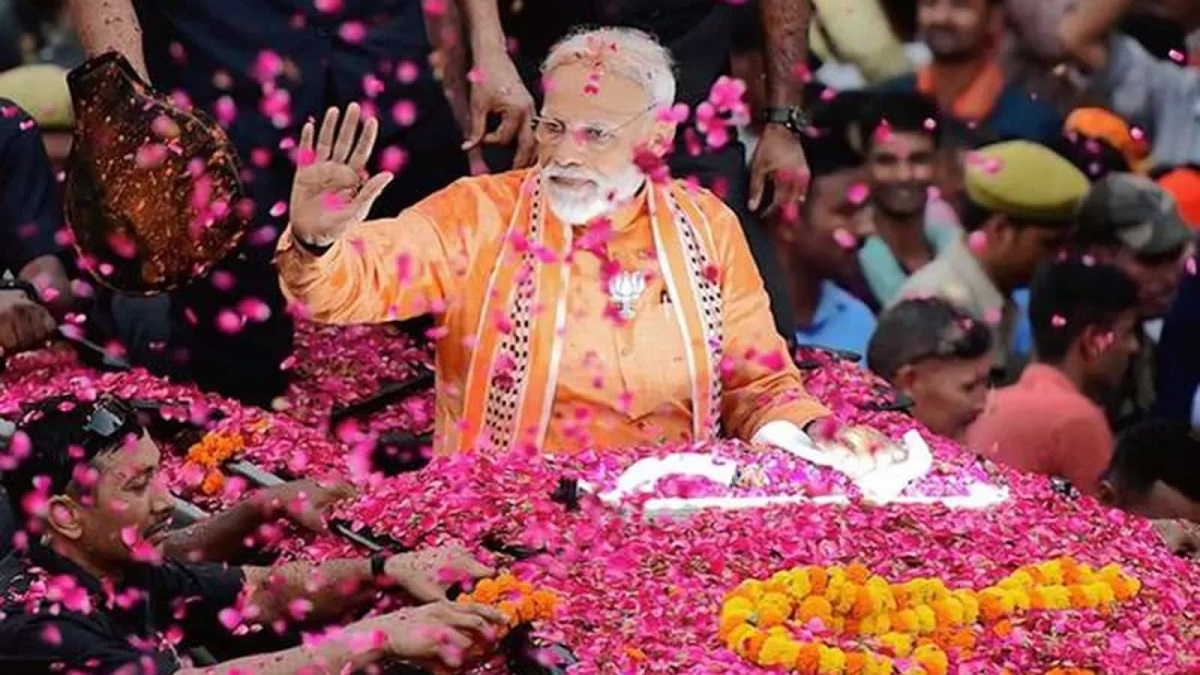
As India gears up for another monumental electoral showdown, contrasting narratives dominate the political discourse. For supporters of Prime Minister Narendra Modi and the ruling Bharatiya Janata Party (BJP), the forthcoming election appears as a predictable march towards surpassing the coveted ‘400 paar’ (beyond 400 seats) mark. Conversely, those aligned with the opposition envisage a scenario reminiscent of the 2004 election upset, where the favored National Democratic Alliance (NDA) faced defeat.
Pollster Dilemmas: Indicators of Uncertainty
Amidst the cacophony of predictions, the silence of renowned pollster Pradeep Gupta, whose insights are eagerly awaited, adds to the intrigue. While unsubstantiated tweets hint at challenges for the NDA in certain states, the landscape remains shrouded in uncertainty. In the absence of definitive forecasts, interpreting the electoral dynamics becomes a nuanced exercise.
State Dynamics: The Pivot Points of the Election
In the annals of Indian electoral history, victories are often shaped by battles waged across key states. Shifting the focus from the erstwhile nine to the present six pivotal states — Maharashtra, West Bengal, Bihar, Karnataka, Jharkhand, and Odisha — offers a lens to gauge the electoral trajectory. These states, commanding a significant chunk of seats, emerge as the battlegrounds where the fate of the BJP’s ‘400 paar’ ambition will be decided.
The Evolution of Majority Mandates
Reflecting on past electoral mandates, the narrative of a majority has evolved over the decades. From the era of Indira Gandhi’s commanding victories to Modi’s ascension in 2014, the definition of a sweeping mandate has undergone transformation. Despite Modi’s overwhelming appeal, the intricacies of state-wise contests remain pivotal in shaping electoral outcomes.
Unveiling Electoral Realities: State-by-State Analysis
Delving deeper into the electoral landscape, a state-by-state analysis unveils varied challenges and opportunities for the BJP. In Maharashtra and Bihar, erstwhile strongholds witness wavering support amidst internal rifts and shifting political alliances. Conversely, in Jharkhand and Karnataka, opposition-led state governments pose formidable challenges to Modi’s dominance.
0disha: The Unfolding Political Chessboard
The political chessboard in Odisha, once perceived as a relatively friendly terrain for the BJP, now simmers with uncertainty. Naveen Patnaik’s apprehensions reflect the stakes involved, with the outcome poised to redefine the state’s political landscape.
The Road to ‘400 Paar’ Amidst State-Level Turbulence
As India braces for the electoral spectacle, the significance of state-level dynamics cannot be overstated. Modi‘s quest for surpassing the 303-seat mark hinges on navigating the intricate web of challenges and opportunities across the six pivotal states. From reasserting dominance in traditional strongholds to mitigating opposition resurgence, the path to ‘400 paar’ traverses through the heartlands of Indian politics.
